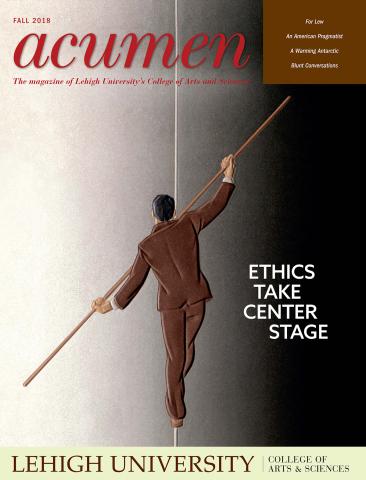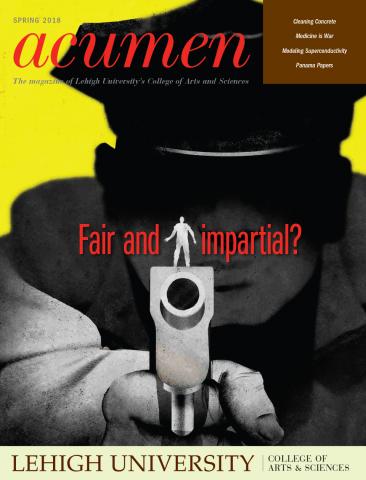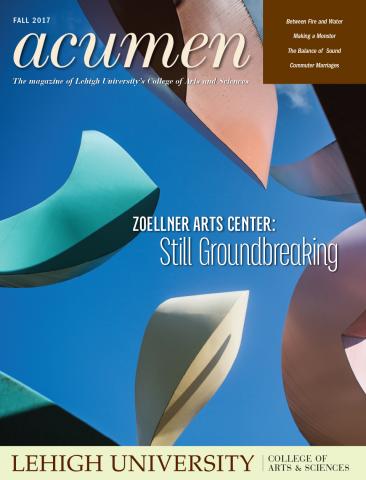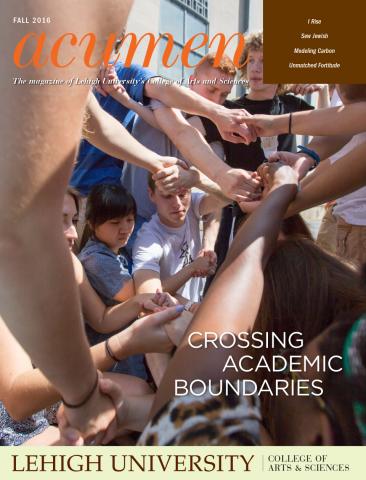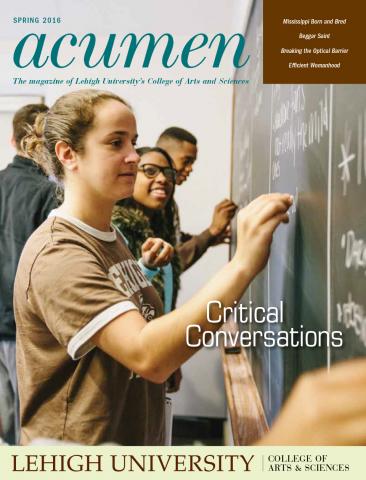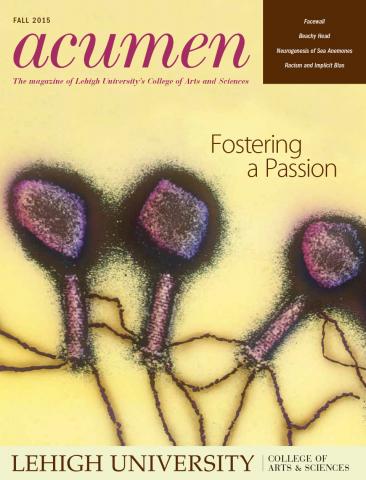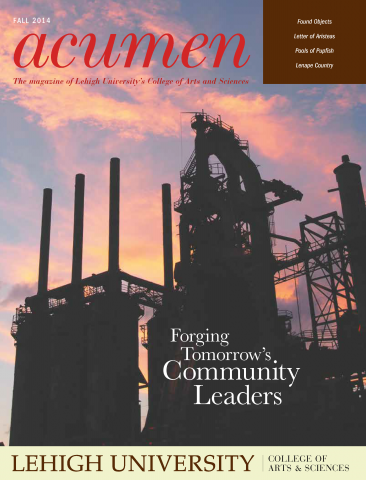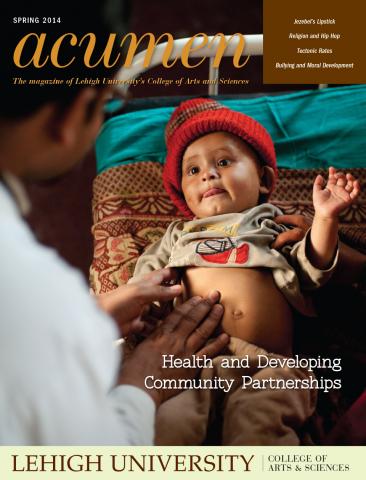
In Spain, the cityscape, from the 19th century to the present, has provided a fundamental framework for understanding the formation of social networks. For decades, Spanish communities gathered and formed in urban centers, spaces that subsequently created powerful notions of exclusion. One of the most depicted spaces of such exclusion has been the urban home, and the relationship between gender and this home space is the focus of research by Lindsey Reuben Muñoz.
Reuben Muñoz, assistant professor of Spanish in the department of modern languages and literatures, examines the home space as a means of Spanish social, cultural and political development.
“It’s a different twist on domesticity,” she says. “Spain is fascinating because its social and political progress developed at a very different pace than that of its northern European neighbors.”
Her book project, Unraveling Domesticity: Economies of the Home in Modern Spanish Literature. examines Spanish literature and home as a space since the 19th century and the arrival of liberalism. In her research, Reuben Muñoz examines the work of Benito Pérez Galdós to understand the privatization of the home space as Spain was urbanizing in the late 1800s, focusing on his four-volume novel Fortunata y Jacinta, a study of two unhappily married women from different social classes. She also explores the work of writers such as Ana María Matute and Miguel de Unamuno and analyzes films of the late 20th and early 21st centuries, such as Pedro Almodóvar’s 1988 film Woman on the Verge of a Nervous Breakdown. Through her investigation of literary and cinematic representations of the home, Reuben Muñoz places the home at the center of social conflict in a period of Spanish modernization as deeply manipulated by Spain’s economic and political fabric.
“I see the home space as a space that turned to serve the needs of men in their political public space,” she says. “For the first time in Spanish history, the home space became extremely private and imbued forced notions of femininity, but it lacked political representation. Women were meant to serve the needs of men. Everything was focused on the husband and the family, but it wasn’t always like this. I look to the literature of the 19th century and this crisis of political representation within the home to understand this transformation. While women’s liberation movements later made inroads into Spanish society, Francisco Franco’s dictatorship (starting in 1939) forced women to move back into the home as though they were living under laws of the 19th century. In the second half of his dictatorship, women were forced to be both caretakers of the home and to work because families didn’t have money. There was a great economic crisis at this time. Fast forward to shortly after Franco’s death, the home space is still not recognized as a space of political representation.”
The 19th century was a period that laid the foundation of Spanish liberalism, as seen in the construction of urban spaces, she notes. Through her analyses, Reuben Muñoz not only strives to understand the home as a space that has lacked political representation, but also one that resists it, fueling current political debates that question the possibilities of space outside the current neoliberal realm.























